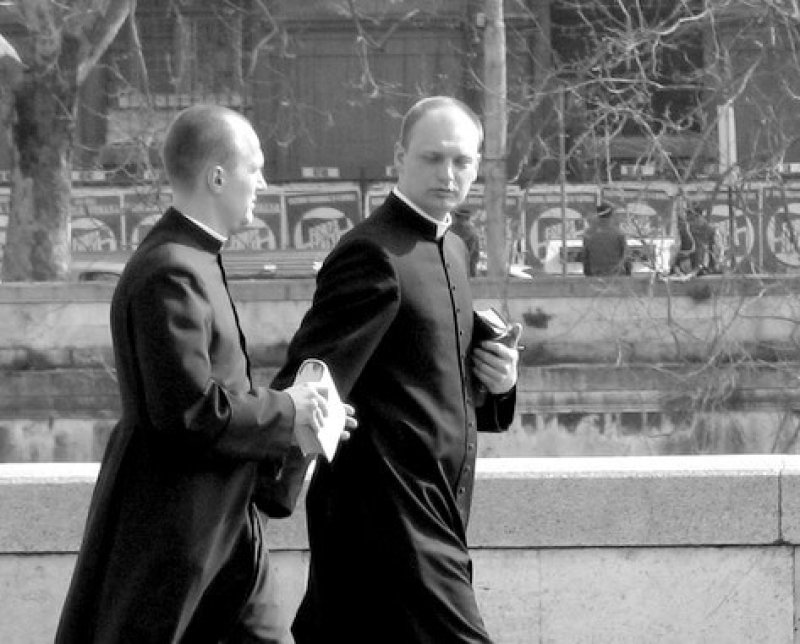The following is an editorial summary.
In the wake of Cell’s publication of the first-ever successful cloning of a human embryo, bioethicists (and regular, old-fashioned religious ethicists and philosophers) have been in a flurry trying to parse the implications of this achievement. The majority are responding to the specter of human cloning; Others are riled by fears that using egg donors to create cloned embryo to create stem cells is one step too many down a slippery slope toward the commodification of women and their bodies.
Against this pontifical milieu of bioethical Ethics, Nathan Emmerich has written a piece for The Guardian asking, frankly, if we even need “expert” bioethicists. He writes:
In a secular age it might seem that the time for moral authorities has passed. However, research in the life sciences and biomedicine has produced a range of moral concerns and prompted the emergence of bioethics; an area of study that specialises in the ethical analysis of these issues. The result has been the emergence of what we might call expert bioethicists, a cadre of professionals who, while logical and friendly, have, nevertheless, been ordained as secular priests.
The very idea that there are bioethical experts, he argues, is problematic for democracy. We must ensure that we do not allow bioethicists to become a “priestly caste,” removed and issuing moral judgments from on high. To quote: “Bioethics must become part of the drive to make science public and part of the politics of scientific expertise.”
Read the full story here: Bioethicists must not allow themselves to become a ‘priestly caste’
Additional Resources:
- “Confusion – scientific and ethical – reigns in the wake of stem cell cloning landmark,” Genetic Literacy Project































